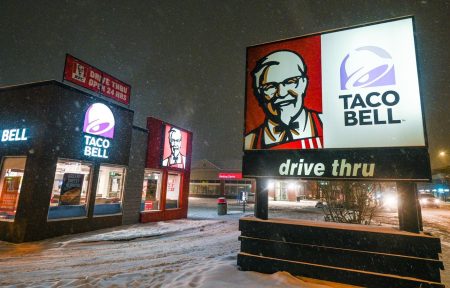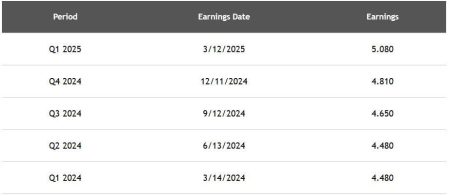Section 2032A of the Internal Revenue Code, often referred to as the special use valuation election, offers a unique approach to valuing farmlands and closely-held businesses for estate tax purposes. It recognizes that the true value of these properties often lies not in their potential development value, but in their ongoing operational value to families. This provision allows families to value these properties based on their current agricultural or business use, rather than the potentially inflated “highest and best” use value that a developer might envision. Imagine a cherished family farm, passed down through generations, suddenly facing an exorbitant estate tax bill based on the hypothetical value of converting the land into a shopping mall. Section 2032A offers a lifeline, allowing the family to preserve their legacy and continue their agricultural pursuits.
The core principle of Section 2032A mirrors the sentimental value we attach to objects from our past. Just as a childhood treehouse holds immeasurable sentimental worth beyond the market value of its lumber, a family farm represents a legacy, a way of life, and a source of livelihood that transcends mere monetary worth. This provision acknowledges this intrinsic value by allowing families to value their properties based on their continued operational capacity, rather than their potential for redevelopment. This distinction can significantly reduce the estate tax burden, ensuring the farm’s future within the family.
To qualify for this special valuation, families must meet specific criteria, akin to the rules of a childhood club. The property must be actively used for farming or in a closely-held business, located within the United States, and owned by a U.S. citizen or resident at the time of death. Crucially, the property must pass to a qualified heir, defined as a spouse, ancestor, lineal descendant, or the spouse of a lineal descendant. This ensures the property remains within the family’s ownership.
Furthermore, the property must have a history of qualified use, meaning it was actively used for farming or a related business by the decedent or a family member for five of the eight years preceding the decedent’s death. This demonstrates a commitment to the ongoing operation of the farm or business, not merely holding it as a potential development asset. In addition, material participation is required. This goes beyond passive ownership and involves active management, decision-making, and often physical labor. This requirement ensures the decedent or family member was genuinely involved in the operational aspects of the farm or business.
Finally, there are financial stipulations. The combined adjusted value of the real and personal property used in the farm or business must constitute at least 50% of the adjusted gross estate, and the adjusted value of the qualified real property must be at least 25% of the adjusted gross estate. These thresholds ensure that the special valuation is applied to legitimate family operations and not to smaller, hobby farms that might be held primarily for recreational or investment purposes.
The benefits of qualifying for Section 2032A can be substantial. In 2025, the special valuation can reduce the estate tax value of qualified real property by up to $1.42 million. This significant reduction can make the difference between a family being able to retain the farm or being forced to sell due to an overwhelming tax burden. However, this benefit comes with responsibilities. The qualified heir must continue the qualifying use of the property for ten years following the decedent’s death. Failure to do so triggers a recapture tax, ensuring the tax benefits are tied to the continued operation of the farm or business as intended.
The decision to elect special use valuation is not to be taken lightly. It’s an irrevocable choice, similar to carving a permanent mark into a cherished object. The property must be explicitly identified, and all parties with an interest in it must agree to be personally liable for any potential recapture tax. This requires careful consideration and legal counsel to ensure all requirements are understood and met.
In essence, Section 2032A serves as a vital tool for preserving family farms and businesses. In a world where agricultural land faces increasing development pressure, this provision helps families navigate the complex landscape of estate taxes and ensures that their legacies can continue to thrive. It recognizes that the value of these properties extends far beyond their potential market price, encompassing generations of hard work, family traditions, and a deep connection to the land. Just as a childhood treehouse holds more than monetary value, a family farm represents a heritage worth protecting. Section 2032A provides the means to do just that.










